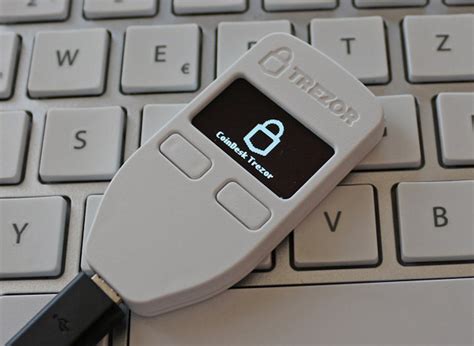Understanding Bitcoin Hardware Wallet Security: Separating Fact from Fiction
Bitcoin has become an increasingly popular form of digital currency in recent years. One of the safest ways to store your Bitcoin is with a hardware wallet, which provides a layer of protection against hacking and other security threats. However, many users have expressed concerns about their private keys being stored on servers that could potentially be accessed by hackers.
What happens when you store your private key in a hardware wallet?
When you use a hardware wallet to store your Bitcoin, the process typically involves creating a seed phrase or mnemonic phrase, which is then used to create a private key. This private key is then stored securely in the hardware wallet. The idea behind this approach is that if someone were to gain access to your seed phrase or mnemonic phrase, they could potentially recover your entire Bitcoin balance by using the same seed phrase or mnemonic phrase to derive other keys.
Is your private key stored on a server?
Yes, when you store your private key in a hardware wallet, it is stored on a server. The private key is typically encrypted and stored in a secure way, such as in the operating system’s database or using a dedicated security solution like BitWep. This encryption provides an extra layer of protection against unauthorized access.
What happens if someone hacks into your hardware wallet?

If your hardware wallet is compromised, either by hacking into its servers or through physical means, an attacker can gain access to your private key and seed phrase. In this scenario, the attacker can use the recovered seed phrase or mnemonic phrase to recover your entire Bitcoin balance.
Risk Mitigation: Hardware Wallet Security Best Practices
While hardware wallets provide an extra layer of security compared to traditional software-based solutions, there are still risks associated with storing your private key on a server. To mitigate these risks, follow best practices when using a hardware wallet:
- Keep your seed phrases safe
: Store your seed phrases in a safe place, such as a fireproof safe or a password-protected document.
- Use a strong mnemonic: Create a complex mnemonic that is difficult to guess or recreate. This will help prevent attackers from recovering your private key.
- Keep your hardware wallet up to date: Regularly update your hardware wallet’s software and firmware to ensure you have the latest security patches and features.
- Be cautious when using public Wi-Fi: When possible, avoid using public Wi-Fi networks or VPNs that can compromise your internet connection. Instead, use a secure network with strong encryption, such as an encrypted phone app.
Conclusion
Bitcoin hardware wallets provide a necessary layer of protection against hackers and other security threats. While there have been some concerns about storing private keys on servers, it is important to follow best practices when using these devices. By storing your seed phrase securely and using a strong mnemonic phrase, you can significantly reduce the risk of unauthorized access to your Bitcoin balance.
Additional Resources
For more information on hardware wallet security and best practices for storing Bitcoin, visit:
- BitWep Website: [www.bitwep.com](
- Electrum Wallet Website: [www.electrumwallet.org](
By taking the necessary precautions when using a hardware wallet, you can enjoy peace of mind knowing that your Bitcoin balance is protected from hacking and other security threats.

Add comment